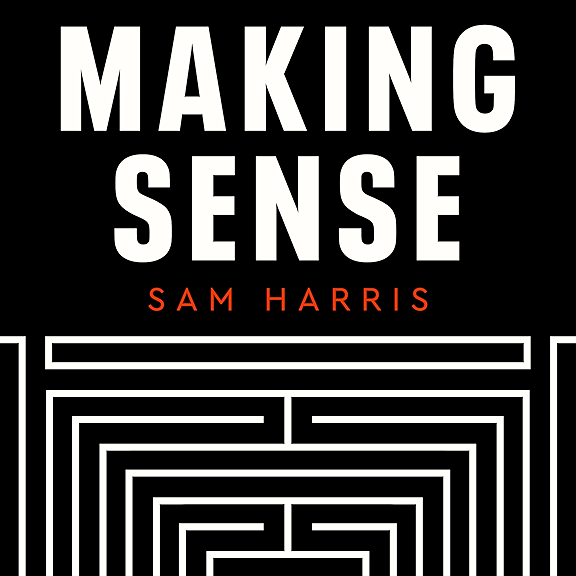
No Mean Feat: With Guests Albert Chen & Elizabeth Tipton
It’s halftime at a basketball game. A kid nervously steps onto center court. If he can score a basket from center court, he’ll take home the prize money. He tells the announcer that he plays on his elementary school team and that he has been practicing for this moment. The crowd holds their breath as the ball sails through the air, hits the backboard … and goes in. The stadium erupts in excitement. Could he be the next Michael Jordan?
In this episode of Choiceology with Katy Milkman, we look at how extraordinary performances can mislead people about future results.
Sports Illustrated has featured some of the world’s fastest-rising stars and sporting talents since 1954. Getting on the cover was a career highlight for many and a milestone to greater things. But being featured on the cover also seemed to lead to misfortune. Many athletes suffered dramatic dips in performance after their cover was published. The phenomenon was dubbed the "Sports Illustrated cover jinx." It seemed that no one—from high school baseball prodigies to one of the greatest athletes of all time, Serena Williams, was safe.
Former Sports Illustrated editor Albert Chen recounts some of the more memorable examples of athletes who fell victim to the jinx. Then he takes us behind the scenes at the magazine and reveals what he thinks is behind the curse.
Albert Chen is a writer and podcaster and formerly a senior editor at Sports Illustrated. He's also the author of the book Billion Dollar Fantasy.
Next, Katy speaks with Elizabeth Tipton, an expert on regression to the mean, about how outlying data points can hide the true measure of something.
Elizabeth Tipton is an associate professor of statistics and data science at Northwestern University.
Choiceology is an original podcast from Charles Schwab.
If you enjoy the show, please leave a ⭐⭐⭐⭐⭐ rating or review on Apple Podcasts.
Important Disclosures
All expressions of opinion are subject to change without notice in reaction to shifting market conditions.
The comments, views, and opinions expressed in the presentation are those of the speakers and do not necessarily represent the views of Charles Schwab.
Data contained herein from third-party providers is obtained from what are considered reliable sources. However, its accuracy, completeness or reliability cannot be guaranteed.
Investing involves risk including loss of principal.
All corporate names and market data shown above are for illustrative purposes only and are not a recommendation, offer to sell, or a solicitation of an offer to buy any security. Supporting documentation for any claims or statistical information is available upon request.
The book How to Change: The Science of Getting from Where You Are to Where You Want to Be is not affiliated with, sponsored by, or endorsed by Charles Schwab & Co., Inc. (CS&Co.). Charles Schwab & Co., Inc. (CS&Co.) has not reviewed the book and makes no representations about its content.
(0923-30Z6)




















